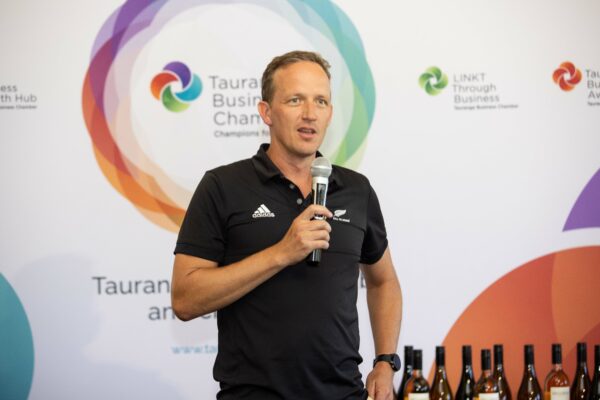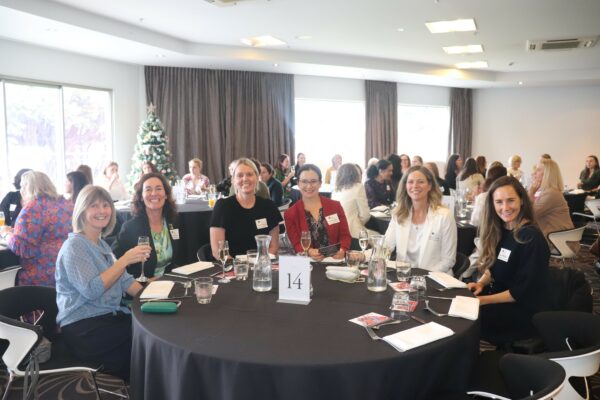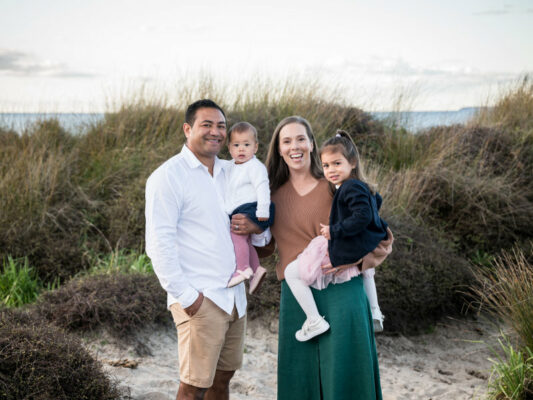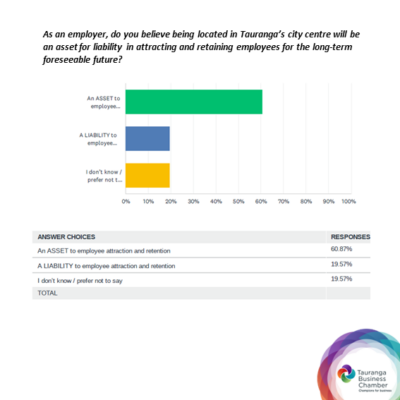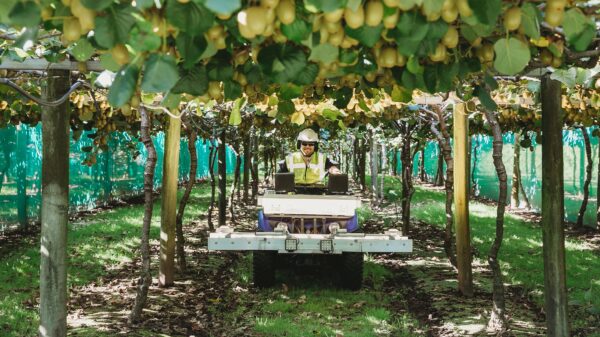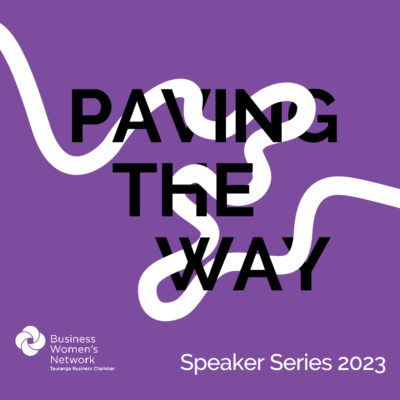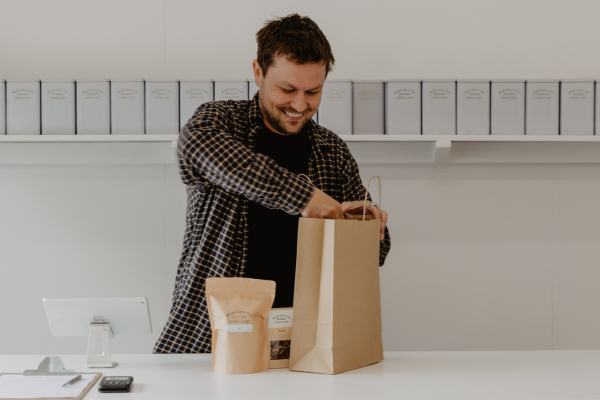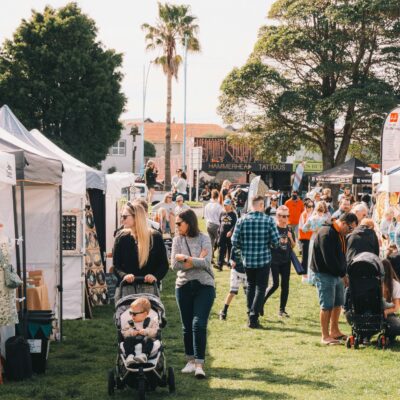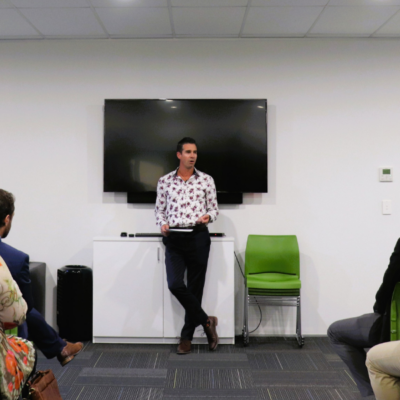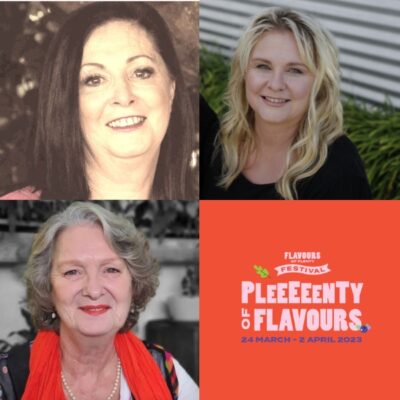Fruit labels: The pesky label that gets caught in your mouth mid-bite of your favourite fruit.
But for the horticulture industry that humble label contains vital information about where that fruit came from, where it’s going and how much it costs.
A necessary part of the industry – but a contributor to our planet’s waste.
That’s all about to change in 2023 though, when the government plans to phase out non-compostable produce labels, alongside single-use plastic produce bags, plastic tableware and plastic straws (as well as all other PVC and polystyrene food and beverage packaging by 2025).
Companies know the end is nigh and have been committing resources to rethinking their packaging options.
For Jenkins Freshpac Systems, this journey didn’t happen overnight when the government made the announcement. It began 10 years ago when they saw an opportunity to innovate and start making changes to not just labels, but all their fresh produce packaging options.
Jenkins Freshpac General Manager Jamie Lunam says while the education at a consumer level is happening to help us understand what to do with packaging when it’s been used, businesses need to start making changes about the types of packaging that make it into circulation.
“The end user is only part of the solution. It is our responsibility to make sure things are packaged correctly so we’re taking ownership of what happens to it at the end as well.
“We’re seeing this more so in COVID-19 times – if you’re in lockdown and order something from the supermarket, people prefer packaged goods as it gives them confidence in the product, so it needs to be packaged appropriately for both food safety and end of life.”
So, back to the labels – after years of extensive research and development, testing, stakeholder engagement and investigation, Sinclair International, who Jenkins Freshpac represents in New Zealand and Australia, has recently completed the commercialisation of a home compostable label that sits on the likes of apples, kiwifruit and avocadoes.
These labels are made from a paper-based material with compostable ink and adhesive.
“A home compostable label means that it needs to be able to breakdown in the many ways that people might be composting at home and, when it is finished breaking down, it leaves behind no toxic residue, no trace, nothing is left in the soil,” says Jamie.
“This is different to an industrial compostable label, which needs to break down in a shorter amount of time in higher temperatures.”
To meet compostable standards, these little labels have gone through rigorous testing and certification, which includes a full 365 days to get certified, so it is a slow process.
“The compostable standards are so important because it is proof that it has been trialled and there is nothing left behind,” says Jamie.
“Over the course of the year, it goes through various trials and different scenarios, for example part of it involves worms and making sure worms don’t die as a result of the label being in the compost.”
Jamie adds there is a common misconception around the term biodegradable versus compostable: “With biodegradable, the consumer thinks it is gone, but it is only gone from sight. There is no standard around biodegradable products that actually protects the environment as microplastics and toxins can remain.”
The next step is to develop a home compostable label that can withstand the challenges of fruit export. To date, Jenkins Freshpac has developed a label that works on some products better than others, but the compostable label doesn’t adhere as intended and so struggles to hold up to the rigours of long periods in the cool chain.
“Often our fruit will sit in a coolstore on a ship for up to six months at a time, so the labels need to have integrity and remain on the fruit when they arrive at their destination and beyond,” says Jamie.
The fruit labels are just the tip of the iceberg for the company, who are also working with other clients to rethink and redesign packaging. This includes a strawberry grower, who they have converted to 100% previously recycled plastic punnets, and another grower who is now using fibre compostable trays, not plastic.
“By converting people to more packaging formats outside of plastic, we’re removing hundreds of tonnes of plastic from circulation. There is a significant amount of work in the sustainability of businesses, and this is only the beginning.”
Want more top tips, advice and insights? Check out our news section.










